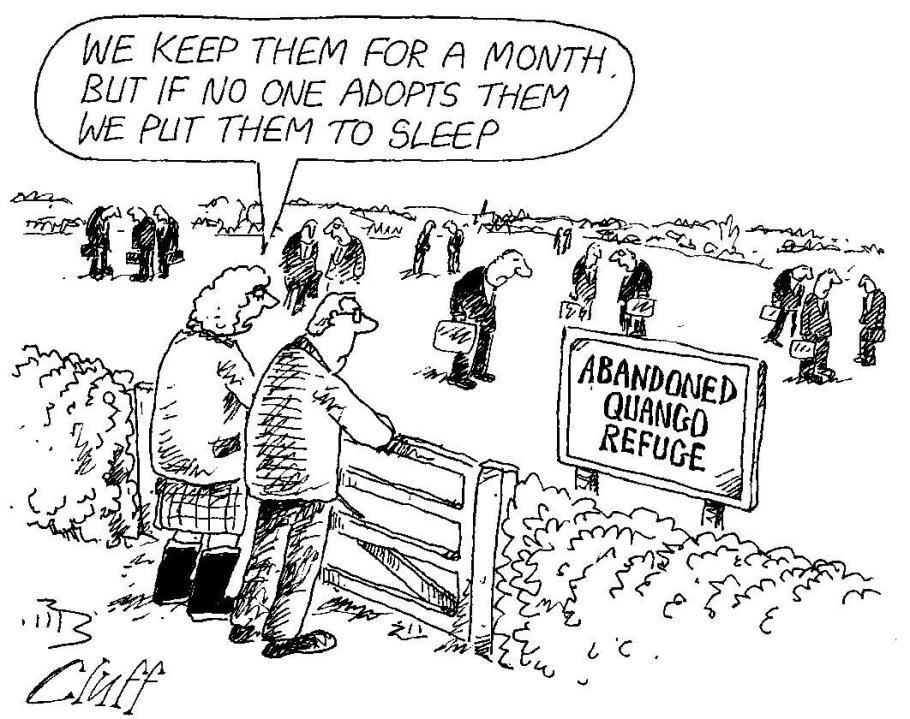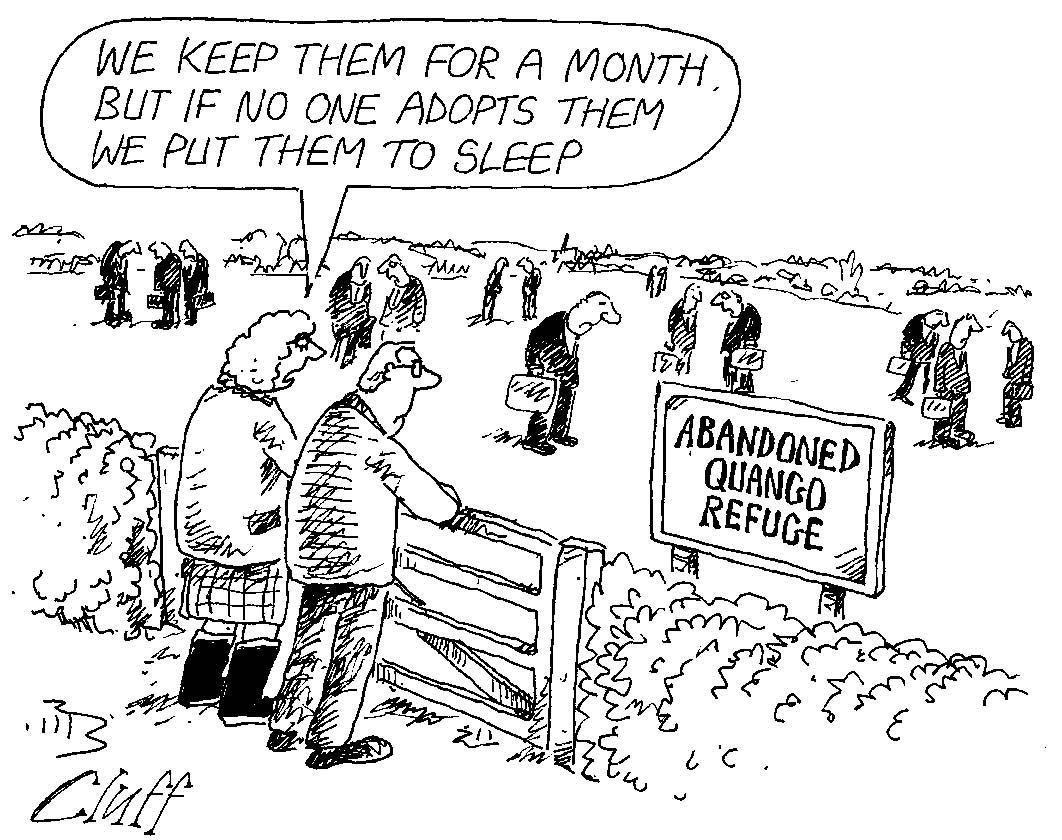It told the story of two best mates, Frankie and Peter, serving in an unidentified northern regiment in Afghanistan where Peter quickly discovers he can’t cope under fire — and as a punishment is made the unit’s ‘camp bitch’ by the sadistic Lance Corporal Buckley (Mackenzie Crook).
‘Our interest’s on the dangerous edge of things. The honest thief, the tender murderer, the superstitious atheist.’ So I suppose you could argue that Jimmy McGovern was merely following the fine tradition of Robert Browning when he wrote his drama about cowardice, bullying and murder among British soldiers on the frontline in Afghanistan. But I wouldn’t. I think Accused (BBC1, Monday) was despicable: among the most emetic, dishonest and utterly wrongheaded dramas I’ve ever seen on television.
It told the story of two best mates, Frankie and Peter, serving in an unidentified northern regiment in Afghanistan where Peter quickly discovers he can’t cope under fire — and as a punishment is made the unit’s ‘camp bitch’ by the sadistic Lance Corporal Buckley (Mackenzie Crook).
Buckley was a gift of a part for Crook (the psychotic nerd from The Office), with his hollow, staring eyes and skeletal frame. He got to smear his bitches in liquid excrement, gob in their food, butt them in the face with a rifle, force them to urinate on one another’s beds, even beat up a Military Policeman when he threatened to arrest him. Gosh, it must have been fun to play a character of such pure, unmitigated evil: and then to be knifed to death in a way you just know is going to have everyone watching cheering to the rafters.
But while such crude moral schemata work well enough in Chuck Norris and Jean-Claude Van Damme movies, you do hope for something a little more sophisticated from the BBC. Which is why, of course, McGovern had to dress up his squalid little revenge nasty as a poignant, meaningful and subtle tragedy with much to tell us about the nature of men, war and the military.
One way he did this was to have Buckley justify his behaviour in a long speech about how squaddies are basically the scum of the earth, and how the only way to make them risk their lives in battle is to so terrify them by making an example of some of their comrades — i.e., the camp bitch — that even death is preferable to such humiliation.
Does McGovern really believe that this is how the British army works? I appreciate there have been exceptions — the Deepcut Barracks suicides spring to mind — but this certainly doesn’t gel with anything I have heard from the many soldiers past and present I have met or read, be they first world war veterans such as Harry Patch or those who have served in Iraq and Afghanistan.
There are two reasons why British soldiers behave generally well under fire: the first is discipline — the training that ‘kicks in’ and overrides more rational responses such as ‘Eek! Those horrid men are trying to kill me’ and the second, even more powerful one is cameraderie. You risk your life for your mates; because you know they’d do the same for you.
So the plot of this Accused episode was based on two entirely false premises: one, that in the British army — especially the modern, anti-racist, ’elf’n’safety, touchy-feely, softee-softee trainers British army — there could be such a breakdown in discipline (where were the officers while all this bullying was going on, for heaven’s sake?) that a sadistic corporal and his sergeant could bully a recruit to suicide; two, that it would be in any front-line unit’s interest to allow such a state of affairs to arise, when happy, loyal soldiers with a strong esprit de corps inevitably perform so much better in action.
I’m not going to pontificate on what an ungenerous and suicidally counterproductive message McGovern’s drama conveys about the 10,000 brave, selfless British men and women serving their country in Afghanistan, because I’m quite sure being dissed by a leftie BBC playwright is a minor inconvenience when compared with the daily possibility of having your limbs ripped off by an IED.
What I do believe, though, is that if you’re going to write self-hating, tendentious drivel, you at least have a duty as an artist to make it convincing self-hating, tendentious drivel. So, for example, you don’t have combat scenes where the doors on unarmoured Landrovers repel bullets (because they don’t); and you don’t have scenes where a Military Policeman in theatre can be successfully accused of being collected from a drinking den, drunk, because there aren’t such places in Helmand.
Nor do you have pay-offs as implausible as the one at the end where the body of the soldier who has been driven to suicide is brought home, and his Dad — an ex-soldier from the same regiment — unscrews the coffin lid and twigs instantly that his son has not, after all, died gloriously in action. That bit works, just about, but not the next bit: rather than tell the truth about what happened in court, the dead soldier’s best mate stoically accepts a life sentence for murder. Why? Because of guilt, tribal omertà and because his dead mate’s Dad has told him how upset Mum would be if ever she were to discover how her boy really died. Yeah, right.








Comments